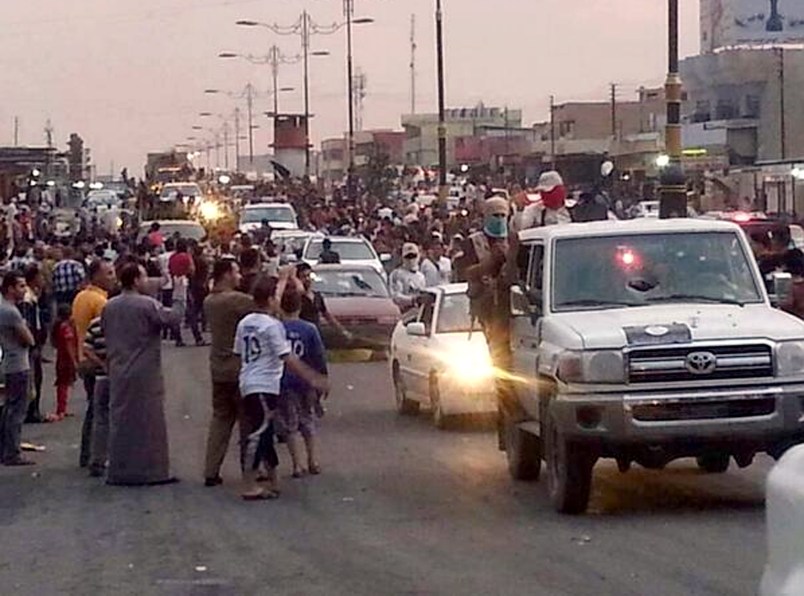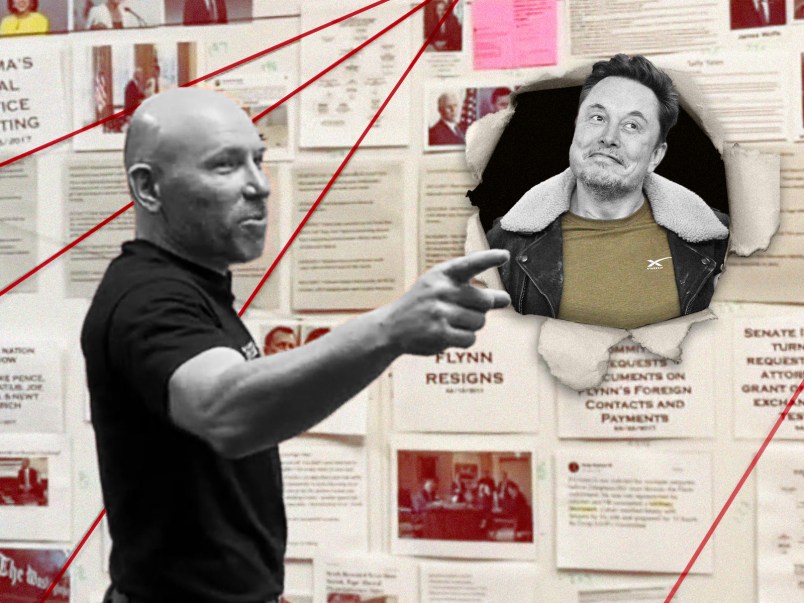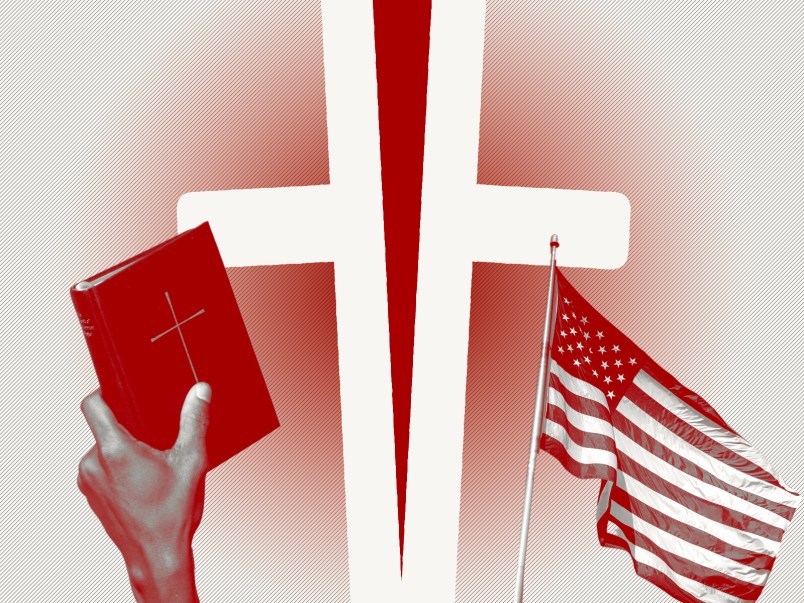BAGHDAD (AP) — Militants who seized large swaths of Iraq’s Sunni heartland with lightning advances this week have pushed into an ethnically mixed province and captured two towns northeast of Baghdad, officials said Friday as neighboring Shiite powerhouse Iran signaled its willingness to confront the growing threat.
The fresh gains by insurgents, spearheaded by fighters from the al-Qaida-inspired Islamic State of Iraq and the Levant, come as Prime Minister Nouri al-Maliki’s Shiite-led government struggles to form a coherent response after the militants blitzed and captured the country’s second-largest city of Mosul, Saddam Hussein’s hometown of Tikrit, smaller communities, as well as military and police bases — often after meeting little resistance from state security forces.
The fast-moving rebellion, which also draws support from former Saddam-era figures and other disaffected Sunnis, has emerged as the biggest threat to Iraq’s stability since the U.S. withdrawal at the end of 2011. It has pushed the nation closer to a precipice that could partition the country into Sunni, Shiite and Kurdish zones.
The assault also threatens to embroil Iraq more deeply in a wider regional conflict, already feeding off the chaos caused by the civil war in neighboring Syria.
Iran’s official IRNA news agency on Friday reported that former members of Tehran’s powerful Revolutionary Guard have announced their readiness to fight in Iraq against the Islamic State, while Iranian state TV quoted President Hassan Rouhani as saying his country will do all it can to fight terrorism next door.
“The Islamic Republic of Iran will apply all its efforts on the international and regional levels to confront terrorism,” the Iranian report said Rouhani told al-Maliki by phone.
Iran has built close political and economic ties with postwar Iraq, and many influential Iraqi Shiites have lived for stretches of time in the Islamic Republic. Iran earlier this week halted flights to Baghdad because of security concerns and said it was intensifying security measures along its borders.
Police officials said militants driving in machinegun-mounted pickups entered the two newly conquered towns in Diyala province late Thursday — Jalula, 125 kilometers (80 miles) northeast of Baghdad, and Sadiyah, 95 kilometers (60 miles) north of the Iraqi capital. Iraqi soldiers abandoned their posts there without any resistance, they said.
Residents reached in Jalula said the gunmen issued an ultimatum to the Iraqi soldiers not to resist and give up their weapons in exchange for safe passage out of the city. After seizing the city, the gunmen announced through loudspeakers that they have come to rescue residents from injustice and that none would be hurt.
The officials spoke on condition of anonymity because they were not authorized to talk to media, and the residents declined to give their names because of concerns for their safety.
The Islamic State has vowed to march on Baghdad, but with its large Shiite population, the capital would be a far more difficult target.
So far, the militants have stuck to the Sunni heartland and former Sunni insurgent strongholds where people are already alienated by al-Maliki’s government over allegations of discrimination and mistreatment. The militants also would likely meet far stronger resistance, not only from government forces but by Shiite militias.
Shiite cleric Muqtada al-Sadr and the Asaib Ahl al-Haq Shiite militia vowed to defend Shiite holy sites, raising the specter of street clashes and sectarian killings.
Still, Baghdad authorities have tightened security around the capital and residents are stocking up on essentials. Hundreds of young men crowded in front of the main army recruiting center in Baghdad on Thursday after authorities urged Iraqis to help battle the insurgents.
Trumpeting their victory, the Islamic militants also declared they would impose Shariah law in Mosul, which they captured on Tuesday, and other areas they seized.
A video posted online showed Islamic State fighters holding a parade in a Mosul neighborhood, with many of the gunmen cruising in armored vehicles seized from Iraqi forces.
A fighter using a loudspeaker urged the people to join the militant group “to liberate Baghdad and Jerusalem.” The Islamic State’s black banners adorned many of the captured vehicles. Some in the crowd shouted “God is with you” to the fighters.
The video appeared authentic and consistent with AP reporting of the events depicted.
In northern Iraq, Kurdish security forces have moved to fill the power vacuum caused by the retreating Iraqi forces — taking over an air base and other posts abandoned by the military in the ethnically mixed city of Kirkuk.
Three planeloads of Americans were being evacuated from a major Iraqi air base in Sunni territory north of Baghdad, U.S. officials said Thursday, and Germany urged its citizens to immediately leave parts of Iraq, including Baghdad.
President Barack Obama said Iraq will need more help from the United States, but he did not specify what it would be willing to provide. Senior U.S. officials who spoke on condition of anonymity because they were not authorized to discuss the matter by name said Washington is considering whether to conduct drone missions in Iraq.
The advances by the Sunni militants are a heavy defeat for al-Maliki. His Shiite-dominated political bloc came first in April parliamentary elections — the first since the U.S. military withdrawal in 2011 — but failed to gain a majority, forcing him to try to build a governing coalition.
“We do have a stake in making sure that these jihadists are not getting a permanent foothold in either Iraq or Syria, for that matter,” Obama said in Washington.
Al-Maliki and other Iraqi leaders have pleaded with the Obama administration for more than a year for additional help to combat the growing insurgency.
___
Schreck reported from Dubai, United Arab Emirates. Associated Press writer Nasser Karimi contributed to this report from Tehran, Iran.
___
Follow Adam Schreck on Twitter at www.twitter.com/adamschreck
Copyright 2014 The Associated Press. All rights reserved. This material may not be published, broadcast, rewritten or redistributed.









